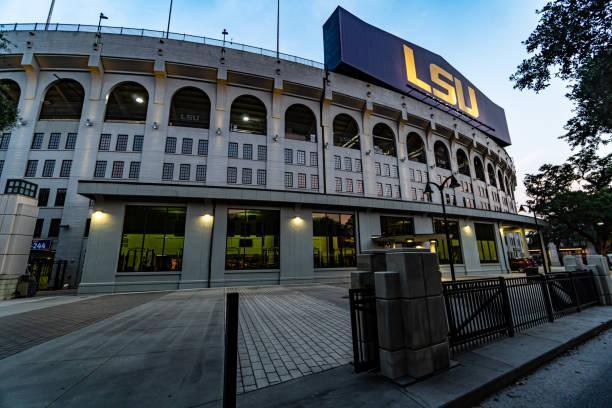In a recent article, the New York Times disclosed a rather odd partnership between Caesars Entertainment Inc (casinos and sports betting) and Michigan State University. This partnership made many people wonder whether contracts like this are ethical and whether it is feasible to promote responsible gaming. The New York Times obtained several emails pointing out the fact that the sportsbook would pay a huge amount for promoting online gaming activities at the University. In this article learn more about these peculiar alliances between academic institutions and online gaming companies and discover why they are gradually gaining momentum.
The Logic Behind The Partnerships
According to the most recent research, more than 75% of college students gambled in 2019 alone, while almost 45 million Americans are anticipated to wager on this year’s NCAA basketball playoffs. Because of the strong user engagement rates, online casinos and sports betting may bet with confidence on sponsorship opportunities on college campuses. … the current legal framework for the gambling sector makes these kinds of alliances possible. These partnerships are a win-win for everybody involved as sportsbooks get effective and direct exposure on a huge scale at the universities and college campuses, while educational institutions reap the money for critical funding.
Who Is Involved
The sportsbooks are usually focused on the universities which are part of the Big 5 and Big 12 Conference. They deliberately chose these colleges because of the popularity of their matches and the highest revenues realized in the past few years. However, Caesars didn’t only conclude a partnership with Michigan State University. As the documents state, the sportsbook also concluded a partnership with Louisiana State University. This deal allowed the sportsbook to leverage Louisiana State University’s presence as a top member of the Southeastern Conference.
This way, both the sportsbook and the college will boost their profits by providing a mixed set of services. For instance, the sportsbook will offer gaming enthusiasts VIP and regular tickets, betting bonuses, and much more. On the other hand, the colleges will unlock new sources of revenue and sponsorship.
The Ethical Concerns
Naturally, there are ethical concerns related to these deals between universities and gambling venues. First of all, the US has a huge problem with students’ gambling. As we’ve already mentioned, in 2019 alone, more than 75% of college students placed their bets on different sports and online casino games. This is a trend that can defocus the students from learning and redirect them on a strange path. In fact, gambling at college has become one of the main concerns since the US State Court allowed the states to legalize sports betting in 2018.
There’s a huge debate about whether universities have their students’ best interests in mind. The emails that the New York Times revealed are going far beyond the students’ needs and interests and are usually focused on lucrative proposals by both the university and sportsbooks’ officials.
Regardless, in the last few years, several universities concluded these partnerships. Another example of this is the deal signed between the University of Colorado and Points Bet Inc. Even though the NCPG issued a detailed guideline on deals between universities and gambling enterprises, the college acquires $30 for each new customer introduced to the app.
These are only some of the ethical concerns behind these lucrative deals between sports betting companies and US colleges. Nonetheless, the biggest distress is caused by the building up of the student’s potential to become all-out gamblers and ruin their athletic and academic careers. What’s even more shocking is that some of the emails and ads ended up on the addresses of students under 21 years old.
To Summarize: Where Are These Partnerships Heading?
The frequency of these partnerships has raised alarm bells between concerned citizens and government officials. Many experts are urging the government to take more decisive steps toward regulating these deals. They take states like Virginia, New Jersey, Oregon, and New York as examples. In these states, it’s illegal to place bets on matches played by colleges from that particular state. However, not every state participating in the SEC has the same regulations imposed.
All things considered, this trend will continue to grow, and we’re likely to see many fresh partnerships between sports betting companies and US colleges. However, authorities should try to coordinate their efforts and standardize the legislation regulating the college-sportsbook deals. This is perhaps the best way to protect students from diving into the wrong waters.















